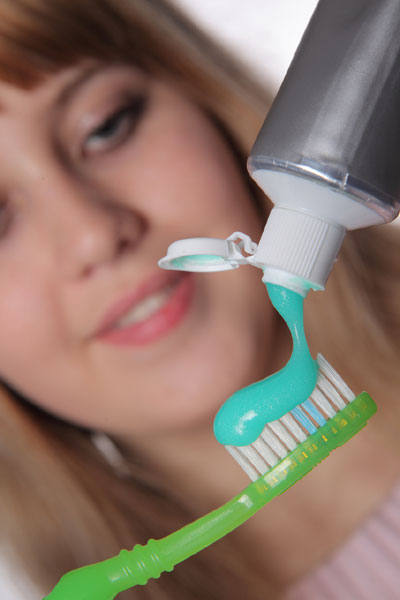As we have mentioned, the scientists from Atlanta, Ga., have come to the conclusion that obsession with cleanness may be the direct cause of depression. Today the list of negative habits has been complemented by the Daily Mail.

Frequent washing
According to the consulting doctor and the dermatologist from London’s Cranley Clinic, Nick Lowe, very hot water combined with hard soap degreases the skin leading to its dryness and dehydration. According to the doctor, most of us do not necessarily need to wash thoroughly every day.
Night’s sleep
According to Professor Jim Horn from the Center for Sleep Studies and Loughborough University, 8 hours of sleep cause fatigue. It is much more useful not to torture yourself if you have suddenly woken up at night and can not fall asleep again. Do something useful: read a book or do a Scanword. The body itself will tell you when it wants to sleep. By the way, a short, from 4 to 15 minutes, nap during the day is comparable in its effectiveness to more than an hour’s sleep at night. Horn claims that hundreds of years ago it was a common practice to divide everyday sleep into several segments.
Rinsing the mouth after brushing your teeth
Phil Stemmer, the dentist from the London-based Centre for Healthy Breath advises to resist the temptation to rinse your mouth after brushing your teeth, since it washes away the fluoride-based protective coating which is applied together with your toothpaste. In addition, the dentist says it is important not to brush your teeth immediately after eating because the food temporarily softens the tooth enamel, and it takes about half an hour to let it harden again.
Irregular breathing
Therapist and head of the Society for Stress Management, Neil Shah, claims that adults tend to make excessive use of thoracic breathing. As a result, stale air stagnates in the lower part of lungs, and it is in this part of them that the most effective vessels in terms of gas exchange are concentrated. One should breathe with the stomach and do it regularly and rhythmically, making from 12 to 20 cycles per minute, with a short pause between inhalation and exhalation.
Source of the image: Photl.










